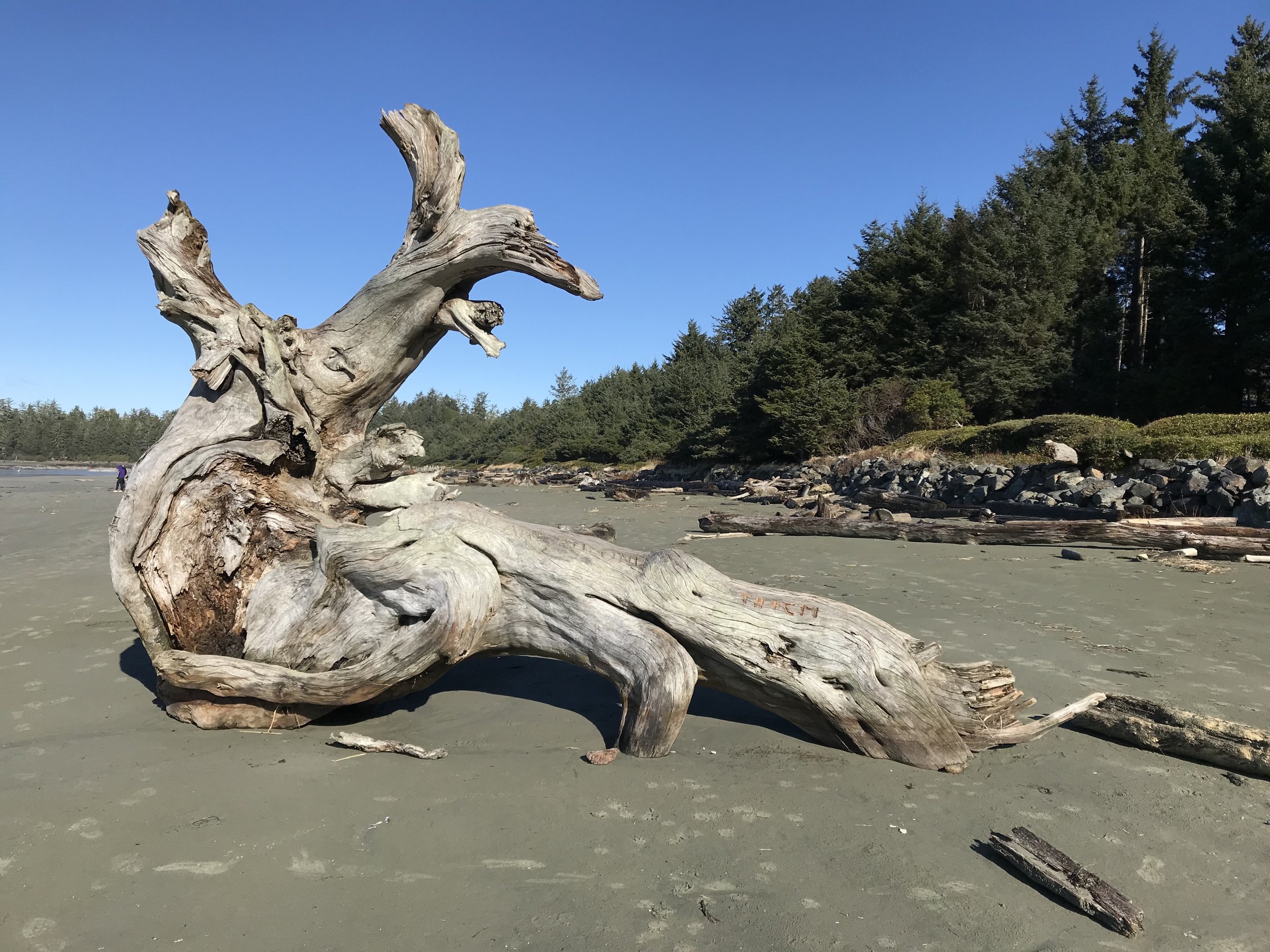Writing With a Broken Tusk
Writing With a Broken Tusk began in 2006 as a blog about overlapping geographies, personal and real-world, and writing books for children. The blog name refers to the mythical pact made between the poet Vyaasa and the Hindu elephant headed god Ganesha who was his scribe during the composition of the Mahabharata. It also refers to my second published book, edited by the generous and brilliant Diantha Thorpe of Linnet Books/The Shoe String Press, published in 1996, acquired and republished by August House and still miraculously in print.
Since March 2024, Jen Breach (writer, VCFA graduate, and former student) has helped me manage guest posts and Process Talk pieces on this blog. They have lined up and conducted author/illustrator interviews and invited and coordinated guest posts. That support has helped me get through weeks when I’ve been in edit-copyedit-proofing mode, and it’s also introduced me to writers and books I might not have found otherwise. Our overlapping interests have led to posts for which I might not have had the time or attention-span. It’s the beauty of shared circles.

Politics, Roses, and George Orwell
If Rumer Godden’s The River gave me an inside-out kind of permission to write about India in my own here and now, George Orwell’s books, and later his dramatic essay, Shooting an Elephant offered me unsparing views of power and privilege, suggested that society and history are fraught with endless complications, and even hinted that perhaps I didn’t need permission from anyone.
I read Emma Larkin’s pseudonymous book, Finding George Orwell in Burma, in one big gulp, fascinated by its travelogue-memoir mix but really looking for connections between Orwell’s books and his life and what both meant for a country embroiled in its own unending struggles.
And now I’m reading Orwell’s Roses by Rebecca Solnit, a personal, historical, and literary meditation on Orwell as gardener.

Landmark, Seamark, or Soul's Star?
Years ago, an English teacher handed me a volume of poetry by Gerard Manley Hopkins and forever changed my relationship with words. "Vex'd elm-heads" and a "listing heart" and the moon "dwindled and thinned to the fringe | of a fingernail...." It was as if that long-ago voice was showing me how heart and place could meet within a twist of a word or a single rhythmic leap.Thank you, Christina Harrington, for telling me about Landmarks by Robert Macfarlane, because here is a book that delves into the inseparable nature of place and language, despite out best efforts to tear them apart. Macfarlane's introductory chapter discusses the culling of words related to nature from the Oxford Junior Dictionary:
